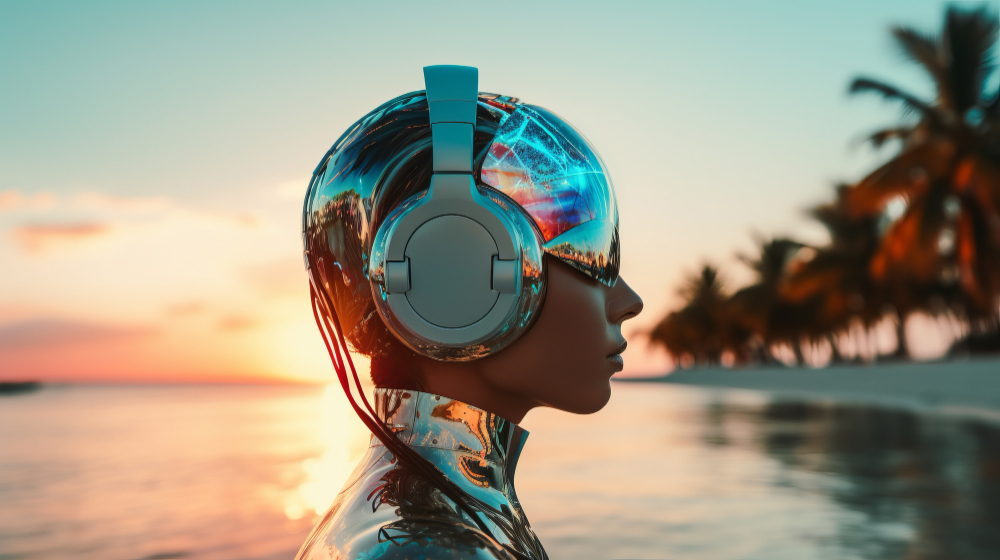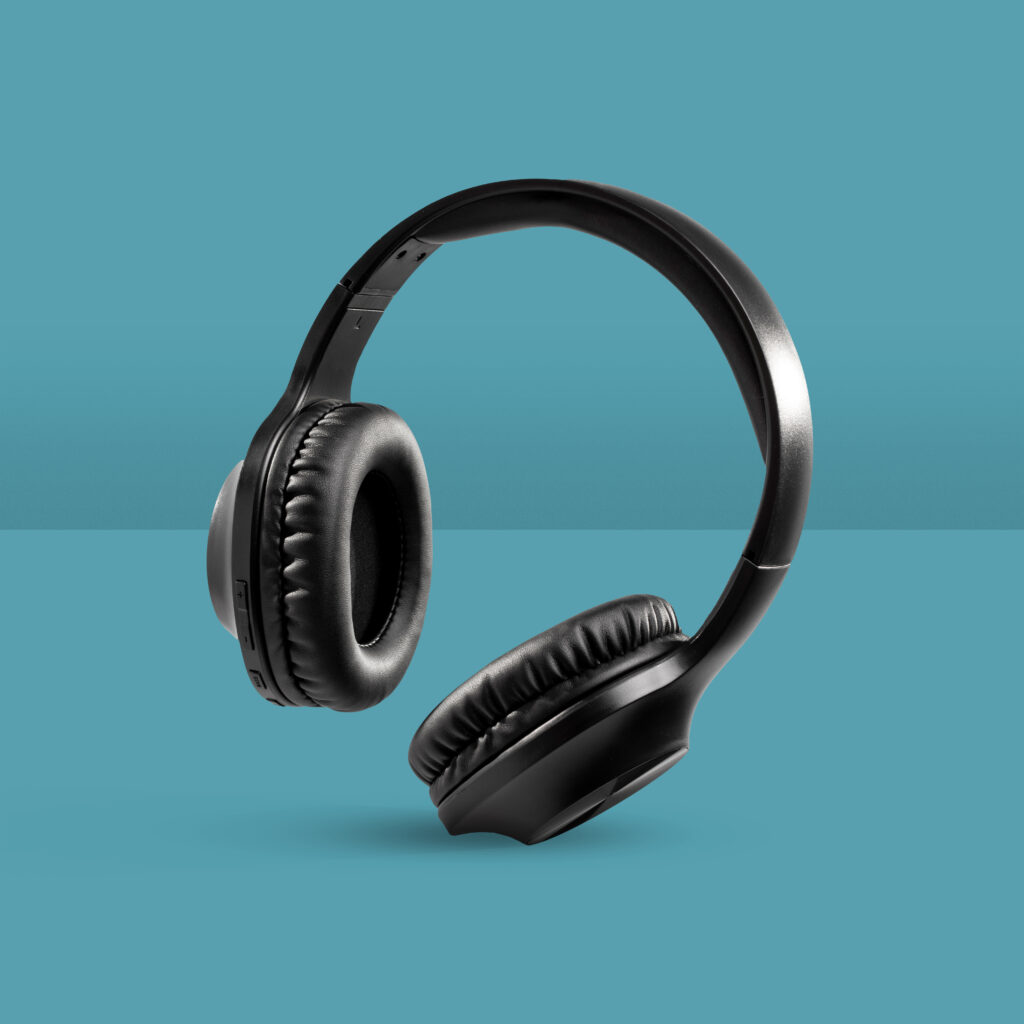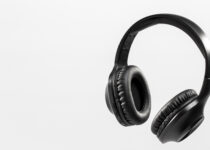Can headphones damage hearing?
Ever wondered if those hours spent immersed in your favorite tunes through headphones could be harming your precious hearing?
Can headphones damage hearing, or is it just a myth?
Picture this: the melodic beats echoing directly into your ears, but is there a potential downside to this audio indulgence? Let’s unravel the mystery.
Can headphones damage hearing?
Well, yes headphone damage hearing. This study shows an impact on Hearing Due to the Prolonged Use of Audio Devices.
Yes, prolonged and loud headphone use can damage hearing. Exposure to high volumes, especially for extended periods, may lead to permanent hearing loss or tinnitus.
The inner ear’s delicate structures can be harmed by loud sound, affecting the hair cells responsible for transmitting auditory signals.
It’s crucial to keep headphone volume at a safe level, take breaks, and prioritize hearing health.
Regularly exceeding recommended decibel levels can contribute to long-term damage, so practicing responsible listening habits is essential to safeguard one’s hearing.
Here can you drive with headphones on?
How to reverse hearing loss from headphones?
To potentially address headphone-induced hearing loss, first, limit exposure to loud volumes and take breaks.
Consult an audiologist for a hearing assessment and guidance. Incorporate hearing protection, such as noise-canceling headphones, to reduce external noise and lower the need for high volumes.

Consider using headphones with volume-limiting features.
Additionally, maintain overall ear health through a balanced diet, regular exercise, and avoiding excessive exposure to loud environments. If symptoms persist, seek professional medical advice promptly.
Side effect of headphones on the brain
Extended headphone use may lead to psychological effects on the brain.
Prolonged isolation from ambient sounds can contribute to social withdrawal and a heightened risk of anxiety or depression.
Constant exposure to loud volumes can cause auditory fatigue and potentially contribute to stress-related issues.
Additionally, wearing headphones for extended periods may lead to discomfort or headaches.
It’s crucial to balance headphone use with breaks, maintain awareness of the environment, and adhere to safe volume levels to mitigate potential psychological impacts on the brain.
Regular breaks and mindful listening practices can help minimize adverse effects.
Here are earphones or headphones better?
How do headphones cause hearing loss
Headphones can cause hearing loss by exposing the ears to excessive sound levels.
Prolonged use at high volumes can damage delicate structures in the inner ear, particularly the hair cells responsible for transmitting sound signals to the brain.
Continuous exposure to loud music or noise through headphones leads to cumulative damage, potentially resulting in permanent hearing loss.
The inner ear’s inability to recover from such stress contributes to the problem.
To prevent hearing loss, it’s crucial to limit headphone volume, take breaks, and use noise-canceling headphones to reduce the need for high volumes in noisy environments.
Is it bad to wear headphones all day?
Wearing headphones all day can have negative effects. Prolonged use at high volumes may lead to hearing damage and contribute to noise-induced hearing loss.
Continuous isolation from environmental sounds can also lead to social withdrawal and impact mental well-being.
Additionally, long-term headphone use can cause discomfort or contribute to headaches. It’s essential to take regular breaks, keep volumes at safe levels, and be mindful of the surrounding environment.
Balancing headphone use with periods of natural sound exposure is crucial to minimize potential adverse effects on hearing, mental health, and overall well-being.
Here can only hear one headphone?
9 ways to prevent hearing loss while using headphones
1. Limit Volume Levels:
Keep headphone volumes at a safe level, generally around 60% of the maximum. Use volume-limiting features if available.
2. Take Breaks:
Give your ears regular breaks to recover by taking at least a 5-minute break every hour of headphone use.
3. Use Noise-Canceling Headphones:
Noise-canceling technology reduces the need for high volumes in noisy environments, protecting your ears.
4. Observe the 60/60 Rule:
Listen at 60% volume for no more than 60 minutes at a time to minimize the risk of hearing damage.
5. Choose Over-Ear Headphones:
Over-ear headphones generally provide better sound isolation, reducing the need for higher volumes.
6. Be Mindful of Environment:
Avoid using headphones in excessively noisy environments to prevent the temptation of turning up the volume.
Here can noise-cancelling headphones cause tinnitus?
7. Invest in Quality Headphones:
Higher-quality headphones often deliver clearer sound at lower volumes, minimizing potential damage.

8. Consider Open-Back Headphones:
These allow some ambient sound to enter, promoting a more natural listening experience and reducing the need for higher volumes.
9. Regular Hearing Checkups:
Schedule regular checkups with an audiologist to monitor your hearing health and address any concerns promptly.
Now let’s move to some related faq’s
Related faq’s
How can I use earphones without damaging my ears?
To use earphones without damaging your ears, keep the volume at a moderate level, take regular breaks, and use noise-canceling headphones to reduce the need for high volumes.
Clean earphones regularly to prevent infections, and consider using over-ear headphones for extended listening. Prioritize ear health and be mindful of volume levels.
Is it bad for your ears to wear headphones all the time?
Wearing headphones constantly can be harmful to your ears. Prolonged exposure may lead to hearing loss, ear infections, or discomfort.
Take breaks, limit volume levels, and choose over-ear headphones with noise-canceling features.
Prioritize ear health by giving your ears time to rest and reducing the risk of long-term damage.
What are the side effects of headphones?
Excessive headphone use can lead to various side effects, including hearing loss, tinnitus (ringing in the ears), ear infections, and discomfort.
Prolonged exposure at high volumes may damage the delicate structures in the ears. To minimize risks, use headphones at moderate volumes, take breaks, and prioritize ear health.
Which is more harmful earphones or headphones?
Both earphones and headphones can be harmful if used improperly. However, earphones may pose a slightly higher risk as they are inserted directly into the ear canal, potentially leading to ear infections and damage.
Using either at moderate volumes, taking breaks, and maintaining good hygiene can help minimize the risks.
Conclusion:
In conclusion, while headphones are a staple in our daily lives, prolonged and excessive use can indeed lead to hearing damage.
It’s crucial to strike a balance and prioritize ear health.
Implementing regular breaks and using volume controls can help mitigate potential risks, ensuring a harmonious blend of music enjoyment and auditory well-being.



